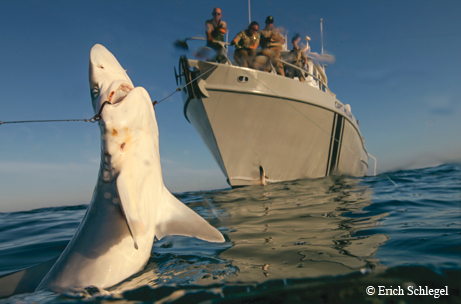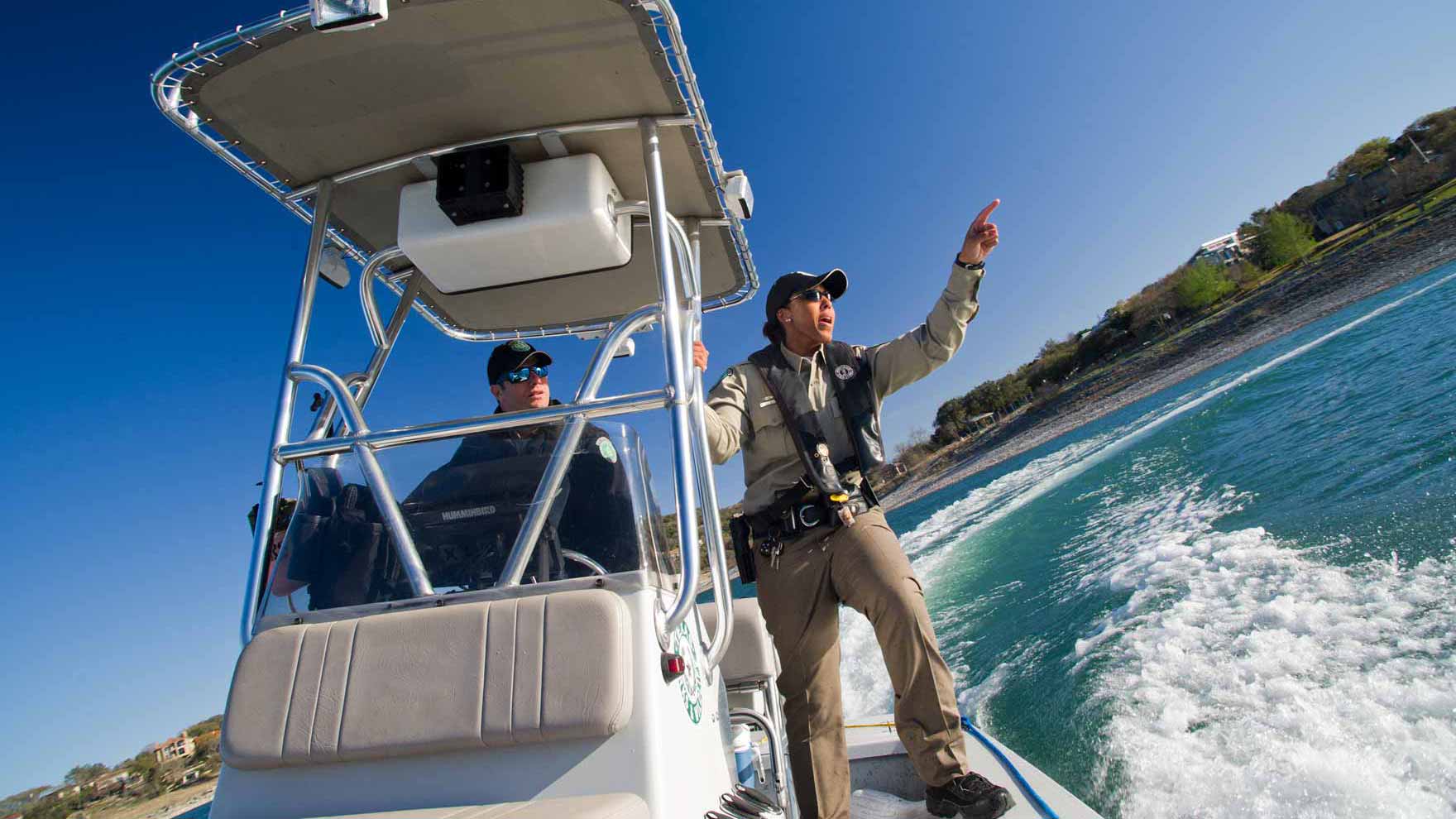TPW TV: Save Our Sharks
Friday, January 30th, 2015
This is Passport to Texas
As marine predators go, sharks swim at the top of the food chain.
08—Without having these top end Apex predators, you have the ecosystem that gets out of balance, These predators help control everything below them.
But they can’t control what’s below them if they’re gone.
07—Worldwide, sharks have been depleted by overfishing. Between 30 and 70 million sharks [are] killed by humans every year.
Dr. Greg Stunz is a marine biologist with the Harte Research Institute, and appears the week of February 1 on a For Texas Parks and Wildlife PBS TV segment called SOS: Save Our Sharks.
08—One of the things that has contributed to a decline in sharks is shark finning: fishermen actually catch the sharks, cut their fins off, and discard the body.
Illegal in American waters since 1993, finning remains active in foreign waters, as fishermen earn up to $900 a pound for the fins. Illegal fishing on gear called long lines occurs close to home, too; it’s the most immediate threat to sharks in the U.S. says Game Warden Sgt. Luis Sosa.
12—We’ve got Mexican commercial fishermen that come into US water – Texas waters – on a daily basis. Unfortunately, the most common type of species that is being caught on this illegal gear is sharks.
Save Our Sharks airs the Week of February 1 on PBS stations. Check Local listings. The Wildlife and Sport Fish Restoration program supports our series, and receives funding through your purchase of fishing and hunting equipment and motor boat fuel…
For Texas Parks and Wildlife…I’m Cecilia Nasti.





 Passport to Texas is a
Passport to Texas is a  Passport to Texas is made available by:
Passport to Texas is made available by: